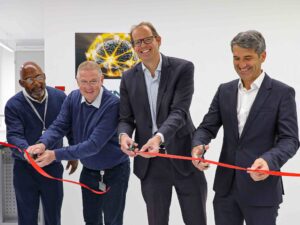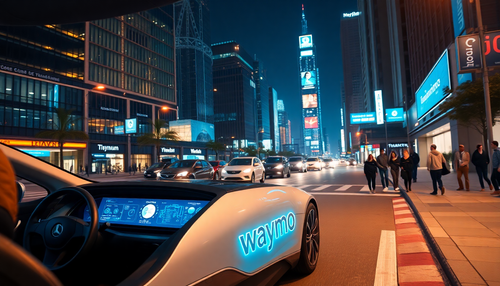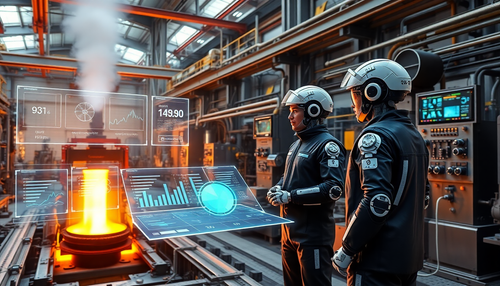Infineon Technologies has opened a new laboratory for the development of quantum electronics in Oberhaching, near Munich. The goal is to develop and test microelectronic circuits for quantum computers, which are stable and small, work reliably and can be produced on an industrial scale.
 Approximately 20 researchers will work in the laboratory. In addition to quantum computing, activities will also focus on the development of AI algorithms for the early detection of variations in energy systems.
Approximately 20 researchers will work in the laboratory. In addition to quantum computing, activities will also focus on the development of AI algorithms for the early detection of variations in energy systems.
“One of the central tasks of the new quantum laboratory will be to develop and test electronic systems for ion trap quantum computing with the aim of integrating these systems into the Quantum Processing Unit. This is a prerequisite for making quantum computing scalable and usable,” says Richard Kuncic, Senior Vice President, GM Power Systems at Infineon.
“Thanks to their computational power, quantum computers will revolutionize many applications. But first quantum computers will have to be industrialized, a process we are conducting in our new laboratory,” added Kuncic.
So, the company installed an innovative cryostat, a kind of super-refrigerator that can cool down to temperatures as low as 4 degrees Kelvin (-269 degrees Celsius). Qubits, the smallest units for calculations with quantum computers, are extremely sensitive and only adequately stable under extreme conditions, typically temperatures below -250 degrees Celsius and at the lowest possible pressures. And electronic systems must continue to function perfectly despite these extreme conditions.
In such cold environments, many materials change their properties, including their electrical behavior.
Although a substantial number of quantum computers already exist, these are installations made by and for research facilities. Several development steps will have to be mastered before scaling up to powerful quantum computers and industrializing the technology. This includes the precise electronic manipulation of hundreds and thousands of qubits.
Among other things, Oberhaching's team is developing optical detectors to read the quantum states of ions. Here, colleagues work closely with the Infineon quantum laboratory in Villach, which specializes in ion traps. The new laboratory will also seek synergies with colleagues in Dresden and Regensburg who conduct research on silicon qubits and superconductors.
In the area of power semiconductors, the laboratory will use Artificial Intelligence to simulate and better predict the aging and failure characteristics of microelectronics in the Energy sector. This requires not only the development of the necessary algorithms; much more, practical measurements will have to establish the database for training neural networks and verifying their behavior. This will help to better estimate the useful life of power converters and assist in detecting anomalies.
These insights are important for effective proactive maintenance, which ultimately aims to prevent equipment failures and optimize usage periods.




